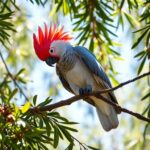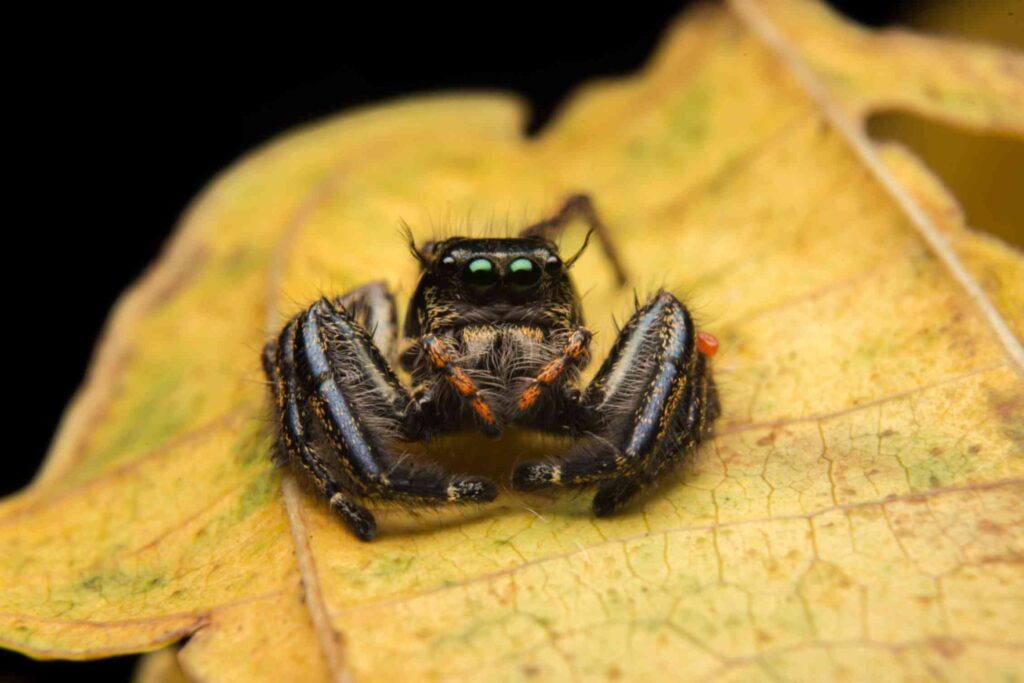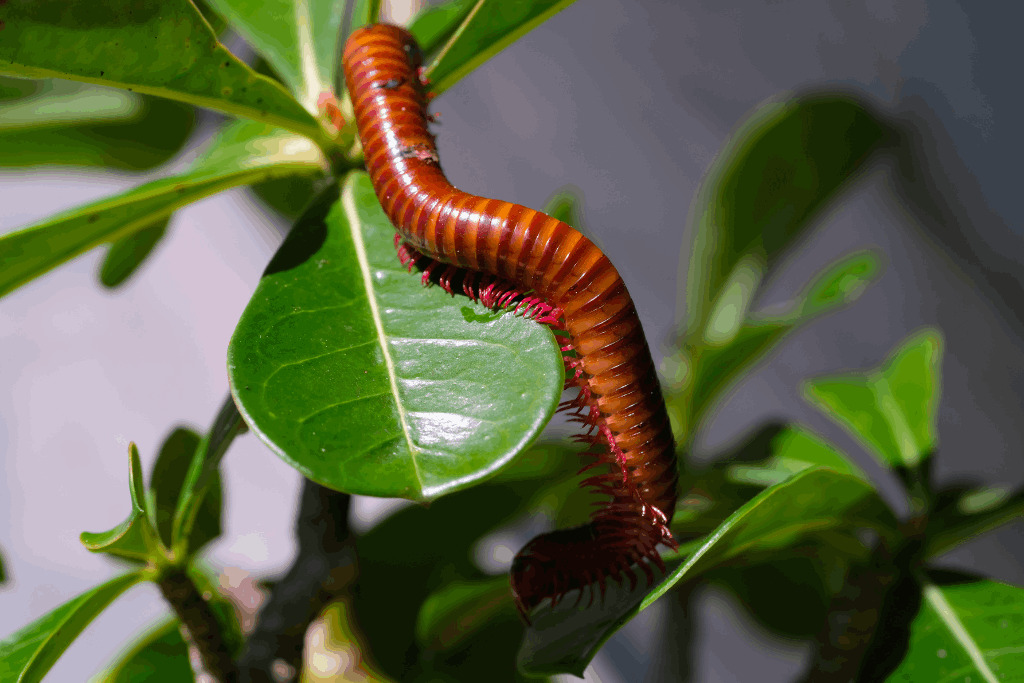Can Birds Eat Sesame Seeds
Bird enthusiasts and pet owners often seek ways to diversify their feathered friends’ diets. One common question is, “Can birds eat sesame seeds?” The answer is yes, but with some considerations. Sesame seeds can be a nutritious addition to a bird’s diet, providing essential vitamins and minerals. However, understanding the benefits and potential risks is crucial for the health and well-being of your avian companions.
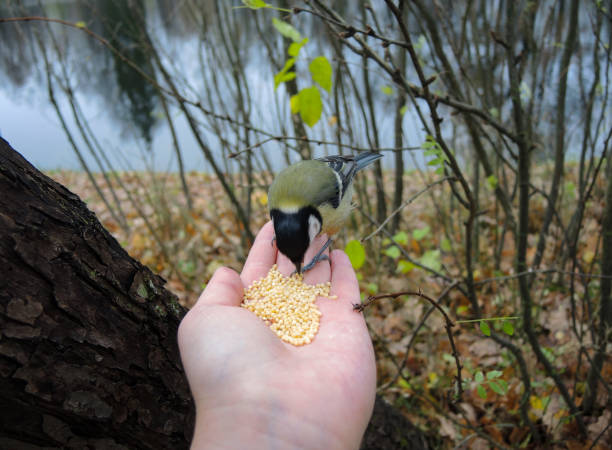
Nutritional Benefits of Sesame Seeds for Birds
Sesame seeds are complete of vitamins that could help birds in lots of ways:
It includes many vital nutrients and nutrients
Sesame seeds are wealthy in calcium, iron, magnesium and phosphorus, which can be crucial for sturdy bones and overall fitness in birds The seeds are also a terrific source of B-nutrients, specially B-1 (thiamine), B-2 ( riboflavin). ), and B-three ( and niacin), which is important for energy manufacturing and muscle feature
High in healthy fats
Sesame seeds are full of healthy fat, such as omega-6 fatty acids, which might be essential for preserving your skin and feathers wholesome. These fats additionally offer a solid supply of power, and are specifically useful for energetic birds or the ones residing in cold climates who want greater calories to preserve their body temperature
protein content material
Birds require a high-protein weight-reduction plan for muscle improvement, specifically in the course of the growth, moulting and breeding durations. Sesame seeds comprise 20% protein, making them a valuable addition to a balanced weight-reduction plan.
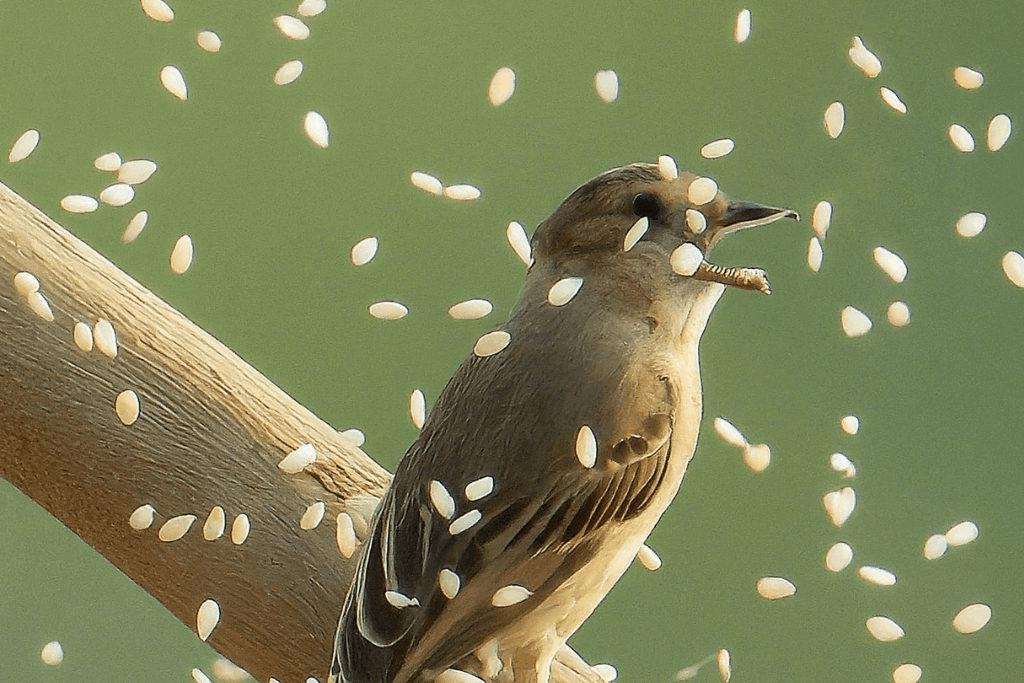
How to Incorporate Sesame Seeds into a Bird's Diet
Sesame seeds are nutritious and should be given in moderation. Here are some tips on how to add it to your bird feed.
Raw Vs. roasted sesame seeds
Compared to dried sesame seeds, raw sesame seeds contain more nutrients. However, toasting can make it sweeter and easier for some birds to digest. It is important not to add salt or oil during the toasting process.
A mixture of seeds and other grains
Sesame seeds can be mixed with other seeds, grains and bird-safe eggs to create a balanced and varied diet. This method ensures that your bird gets a wide variety of nutrients and helps eliminate homogeneous food.
Sprinkle on fresh foods
Sprinkling a few drops of sesame seeds on fresh fruits and vegetables can boost the nutritional value of these foods and make them more appealing to birds
A partial application
Due to its high fat content, it is important to control the amount of sesame seeds to prevent obesity. For medium-sized birds, a small teaspoon of sesame seeds per day is usually sufficient.
Potential Risks and Precautions
Although sesame seeds are generally unsafe, there are some precautions to keep in mind:
Risk of strangulation
Sesame seeds are small and can be a choking hazard, especially for small birds. It is important to watch your birds while they are feeding to ensure they are safely consuming the seeds.
oxalate content
Sesame seeds contain oxalates, which can interfere with calcium absorption. Birds that have suffered from kidney stones or other calcium-related health issues should eat sesame seeds in moderation.
Allergies and sensitivities
Like humans, birds can be allergic or sensitive to certain foods. Introduce the mole slowly and watch for any signs of side effects such as digestive upset or behavioral changes.
Wild Birds That Eat Sesame Seeds
Several wild bird species are likely to enjoy sesame seeds, including:
Finches: These small birds are known to enjoy a variety of seeds and might readily accept sesame seeds.
Sparrows: Common visitors to backyard feeders, sparrows will often eat small seeds like sesame.
Titmice: These curious and agile birds enjoy a variety of seeds and nuts.
Chickadees: Known for their acrobatic feeding habits, chickadees can be attracted with sesame seeds.
Cardinals: While they typically prefer larger seeds, cardinals might also sample sesame seeds.
Nuthatches: They often visit feeders and are likely to try different types of seeds.
Best Ways to Serve
Mix with other seeds: Mix sesame seeds with other bird seeds to give them a varied diet. This can also prevent small seeds like sesame from falling through the large holes in bird feeders.
Use suitable feeders: Put sesame seeds in tube feeders, platform feeders or tray feeders where birds can easily reach them.
Feed in moderation: Because sesame seeds are high in fat, they should be fed as part of a balanced diet, not as the only source of food.
Conclusion: A Balanced Approach to Feeding Birds
In conclusion, sesame seeds can be a valuable addition to your bird’s diet when used appropriately. They offer a range of nutritional benefits including essential minerals, vitamins, healthy fats and protein. However, it is important to balance their eating with other foods, and monitor your bird’s health to ensure they are growing.
By thoughtfully adding sesame seeds, you can help keep all of your avian friends healthy and happy. Always consult a veterinarian or bird nutritionist if you have any concerns or questions about your bird feed.In conclusion, sesame seeds can be a valuable addition to your bird’s diet when used appropriately. They offer a range of nutritional benefits including essential minerals, vitamins, healthy fats and protein. However, it is important to balance their eating with other foods, and monitor your bird’s health to ensure they are growing.



